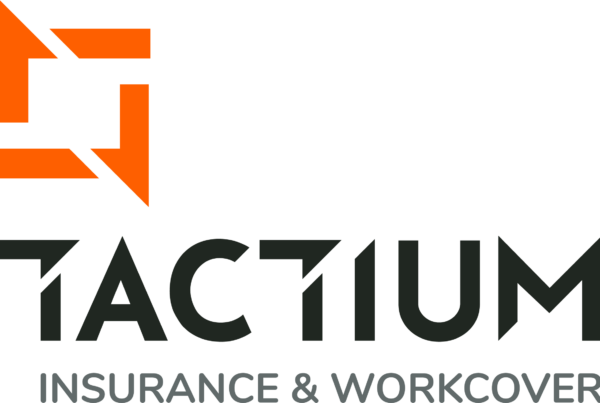Here’s a question that was asked of me recently.
“When you have someone certified for modified duties and a date they are expected to be fit for normal duties, do we have a mandatory requirement for a follow-up sign off following that date to confirm they are fully fit for duties?”
The scenario:
John was injured on 21/10/15. He went to the doctor on the day of the injury and was issued with a Certificate Of Capacity stating:
- Fit for Modified Duties: 21/10/15 – 28/10/15
- Fit for Normal Duties: 29/10/15
To make this really clear for you, the doctor is seeing the worker on 21/10/15 and stating he will be fully fit on 29/10/15.
A number of questions could be asked:
- How can the doctor predict the future?
- Must we send John back for another consultation by 29/10/15?
- Even if we don’t have to send him back, should we? Or can we?
How can the doctor predict the future?
A doctor’s ability to predict the future isn’t much better than anyone else’s. If it was, they’d earn a living from the Melbourne Cup, not practicing medicine.
I’ve attended many appointments with an injured worker where the doctor has said something to this effect of:
“Here’s a certificate for a week of light duties. I’ll give you a clearance to go straight to normal duties after that, but come back and see me if you’re not quite right.”
The doctor in this example is genuinely wanting to reduce the strain on all parties. If the worker can resume normal duties after a week, then why waste the worker’s time, the clinic’s time and the employer’s money on another consultation?
Must we send John back for another consultation by 29/10/15?
Strictly speaking, no. You can accept this as a valid, full clearance.
Even if we don’t have to send him back, should we? Or can we?
Personally, I’m not the biggest fan of forward-dated clearances but I also don’t like making mountains out of molehills. The conservative approach would be to insist that every employee has a clearance certificate issued on the day they see the doctor, even if that means sending someone back for a repeat consultation.
My Recommendation
Maintain a good dialogue with the injured worker and keep an eye on how he’s coping on light duties. Remember, we’re all human beings, let’s talk to one another.
If, when the clearance date approaches, everything is on track (the worker is improving, feels good and everything is going to plan) then let’s transition back to normal duties. No worries.
If, through observation and discussion, the worker hasn’t improved and is unsure about resuming light duties then you should agree to return to the doctor, either for another light duties certificate or for reassurance and a clearance.
I know I make it sound easy. An important part of making this go smoothly is how much trust employees have in the company and the quality of the conversations that occur between the employee and their manager throughout.
If you encounter resistance in a scenario like this, I urge you to look at any bigger systemic / culture issues at your workplace.
Are your managers capable of having the right conversations?
Do your employees trust you enough to collaborate with you on their return to work arrangements?
I’d love to hear your thoughts.




